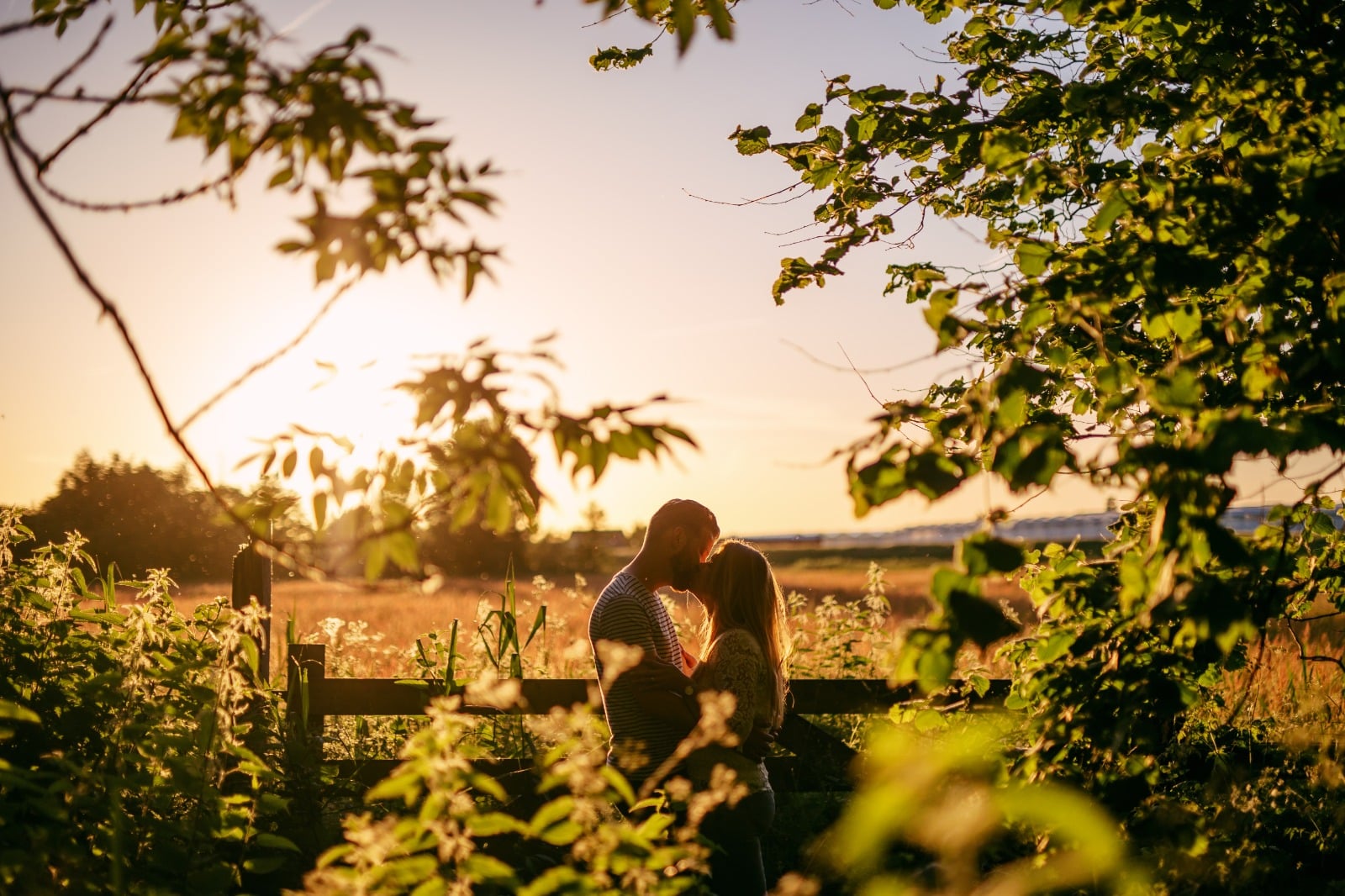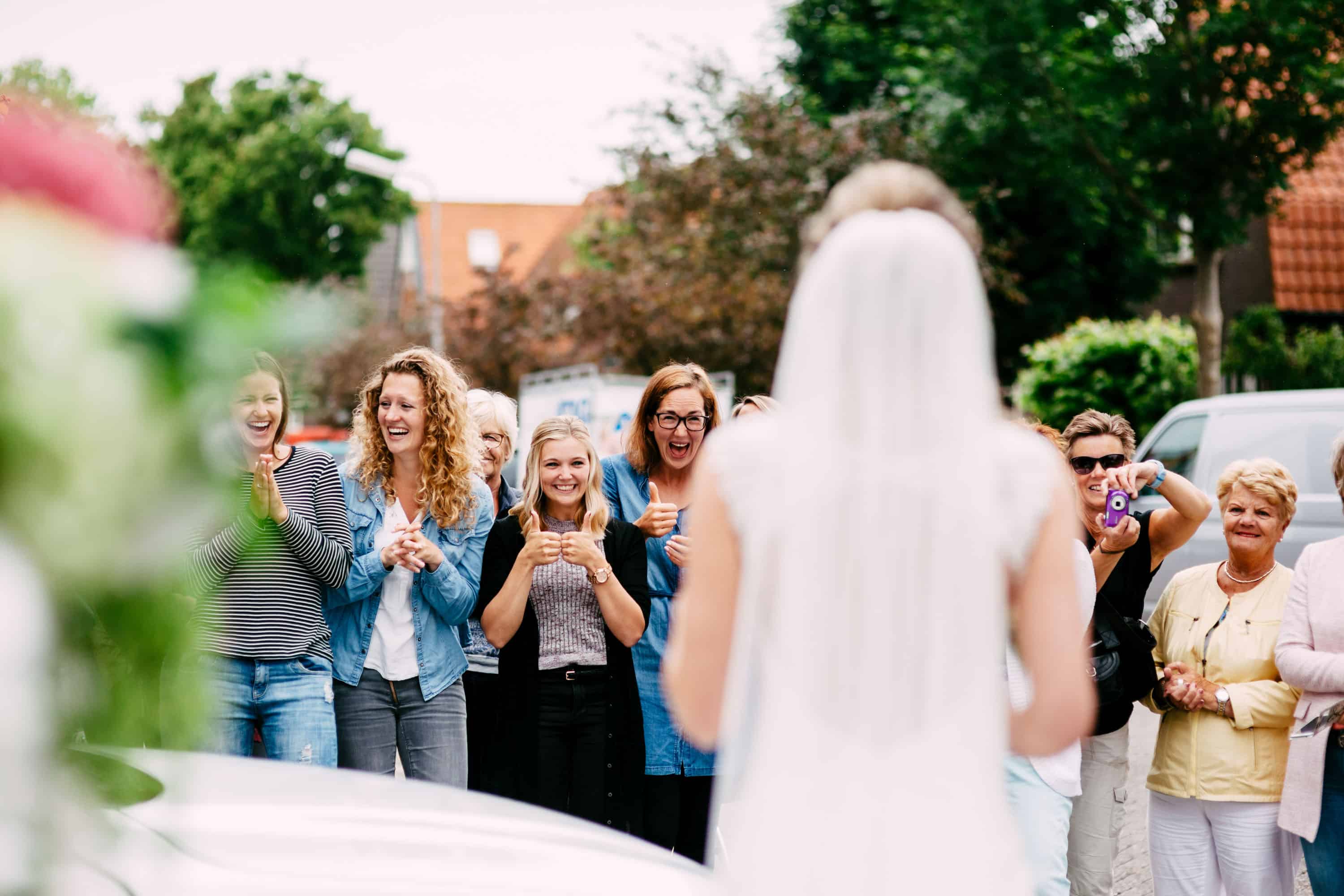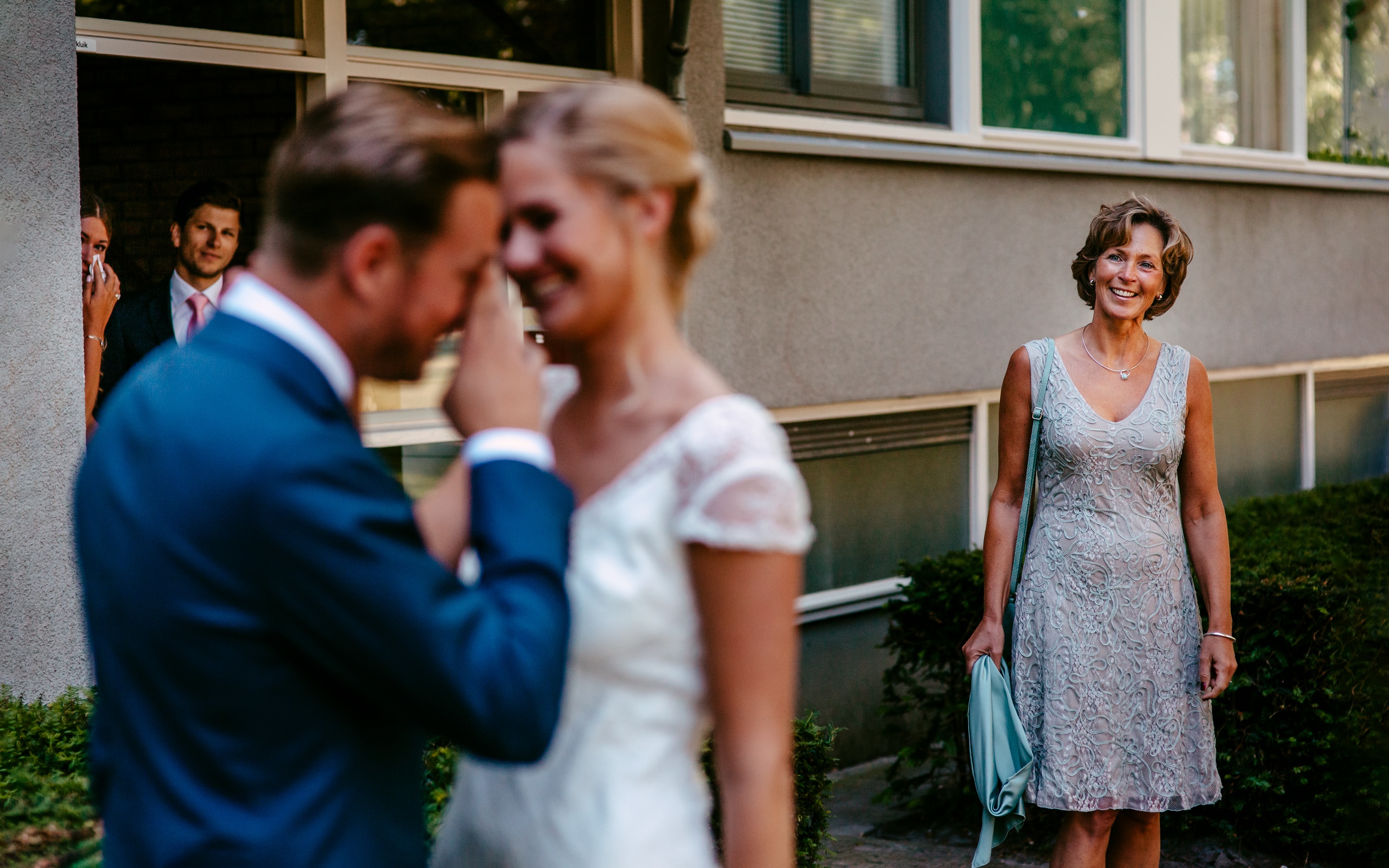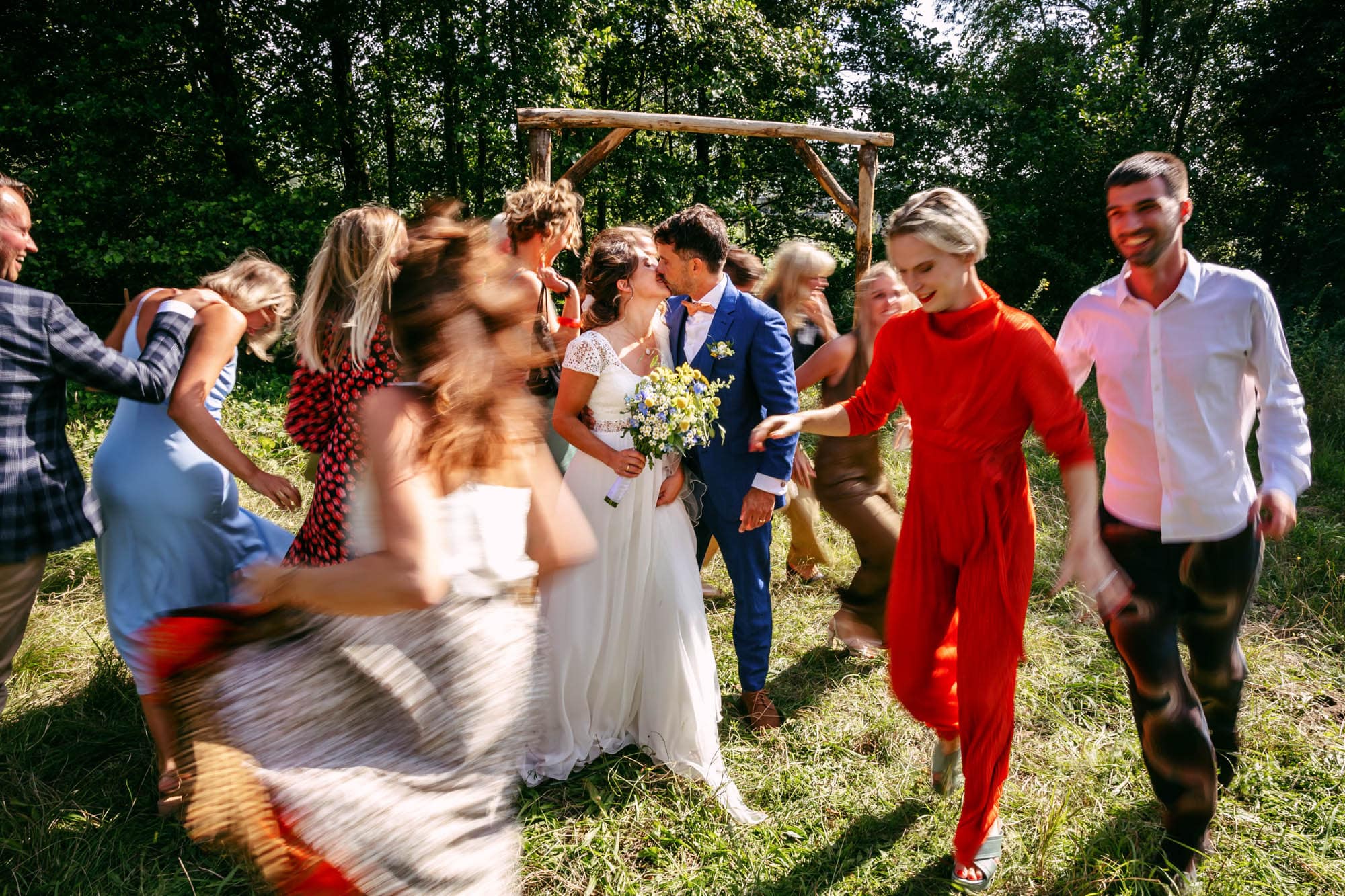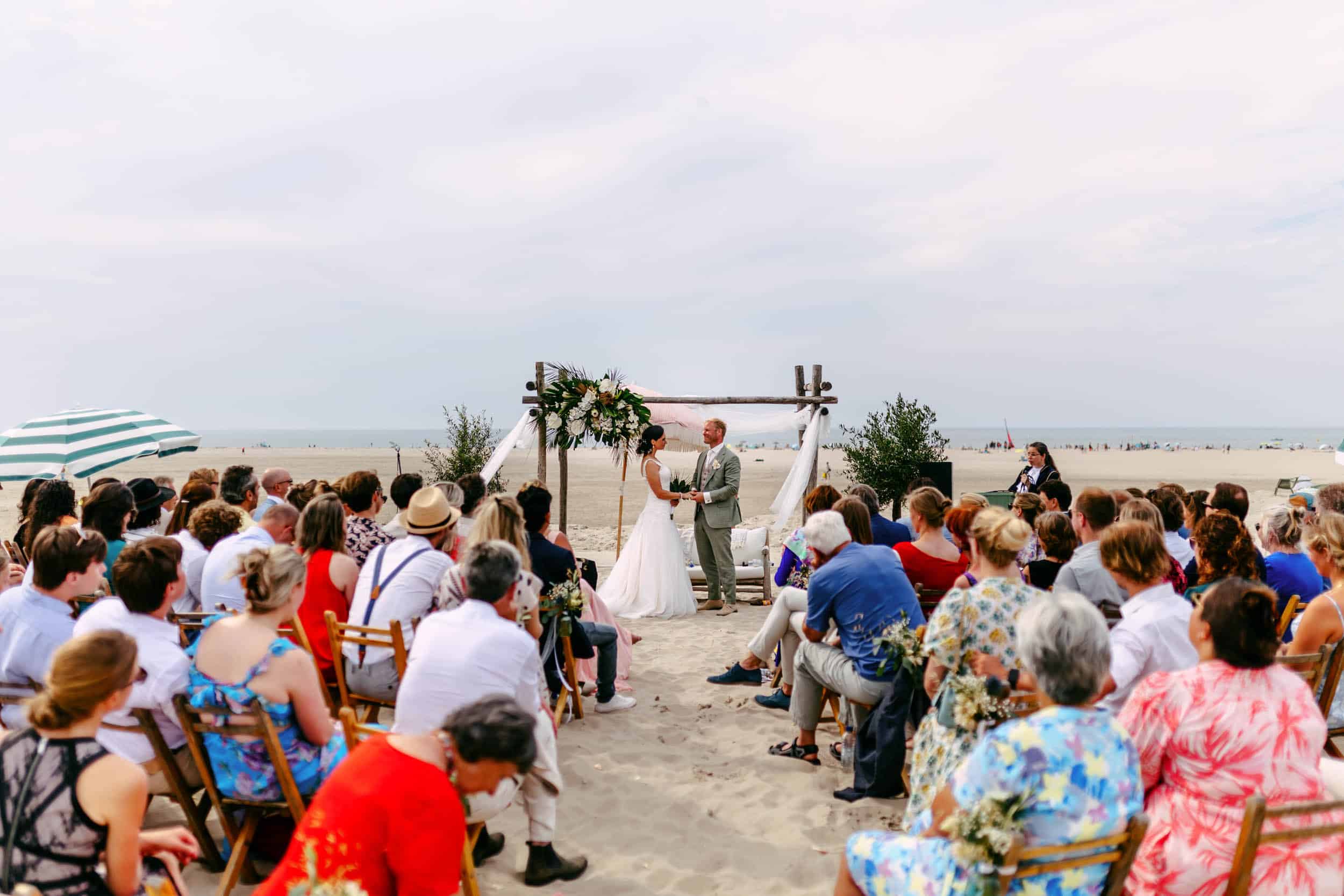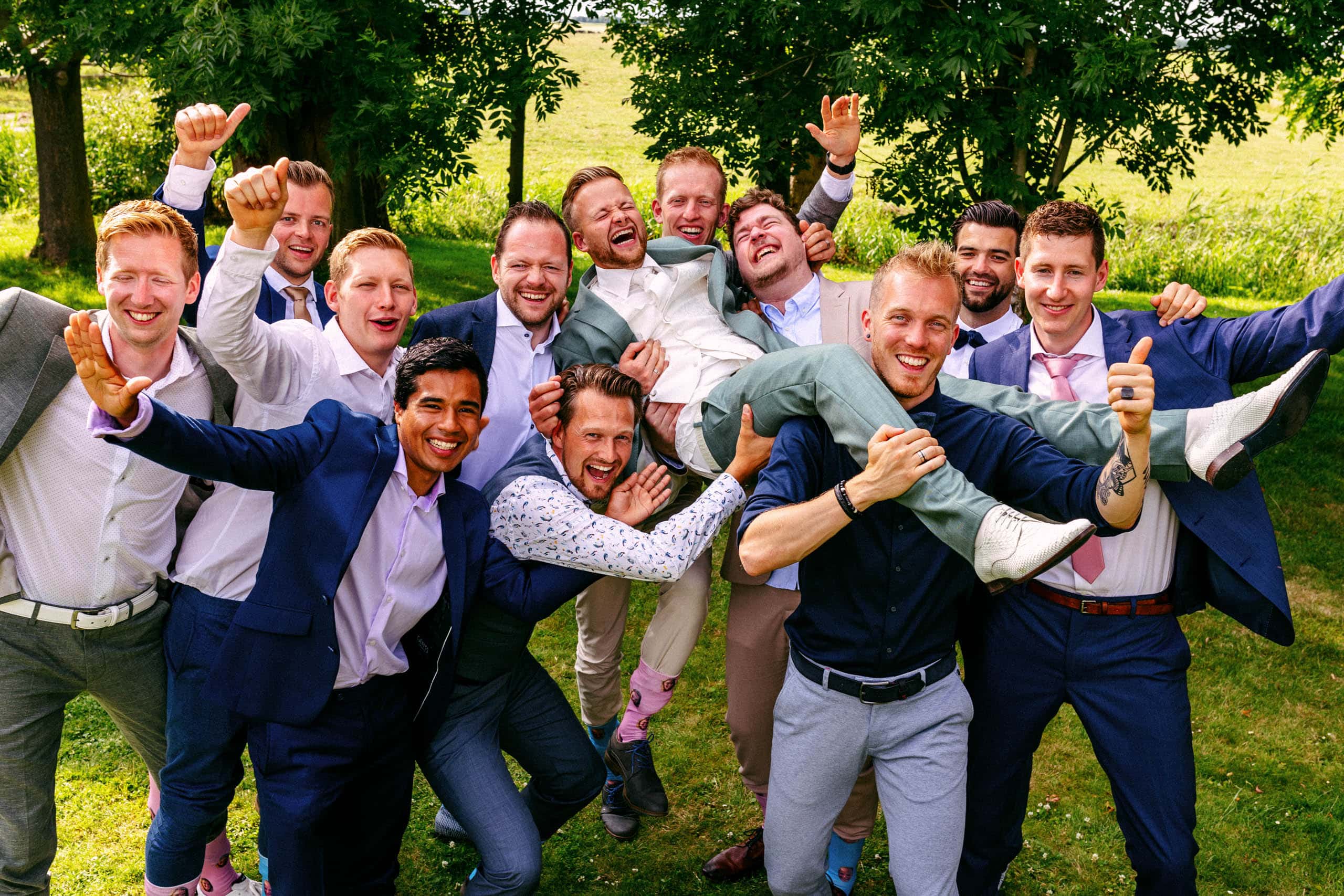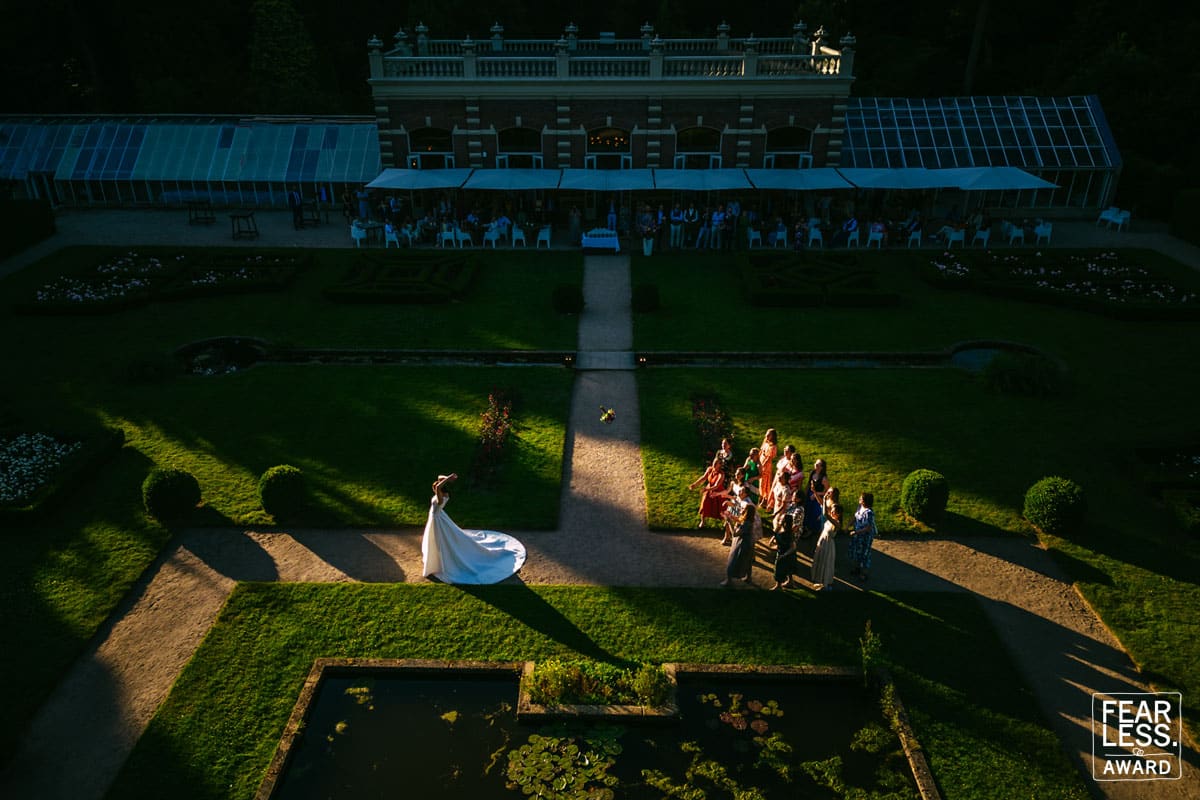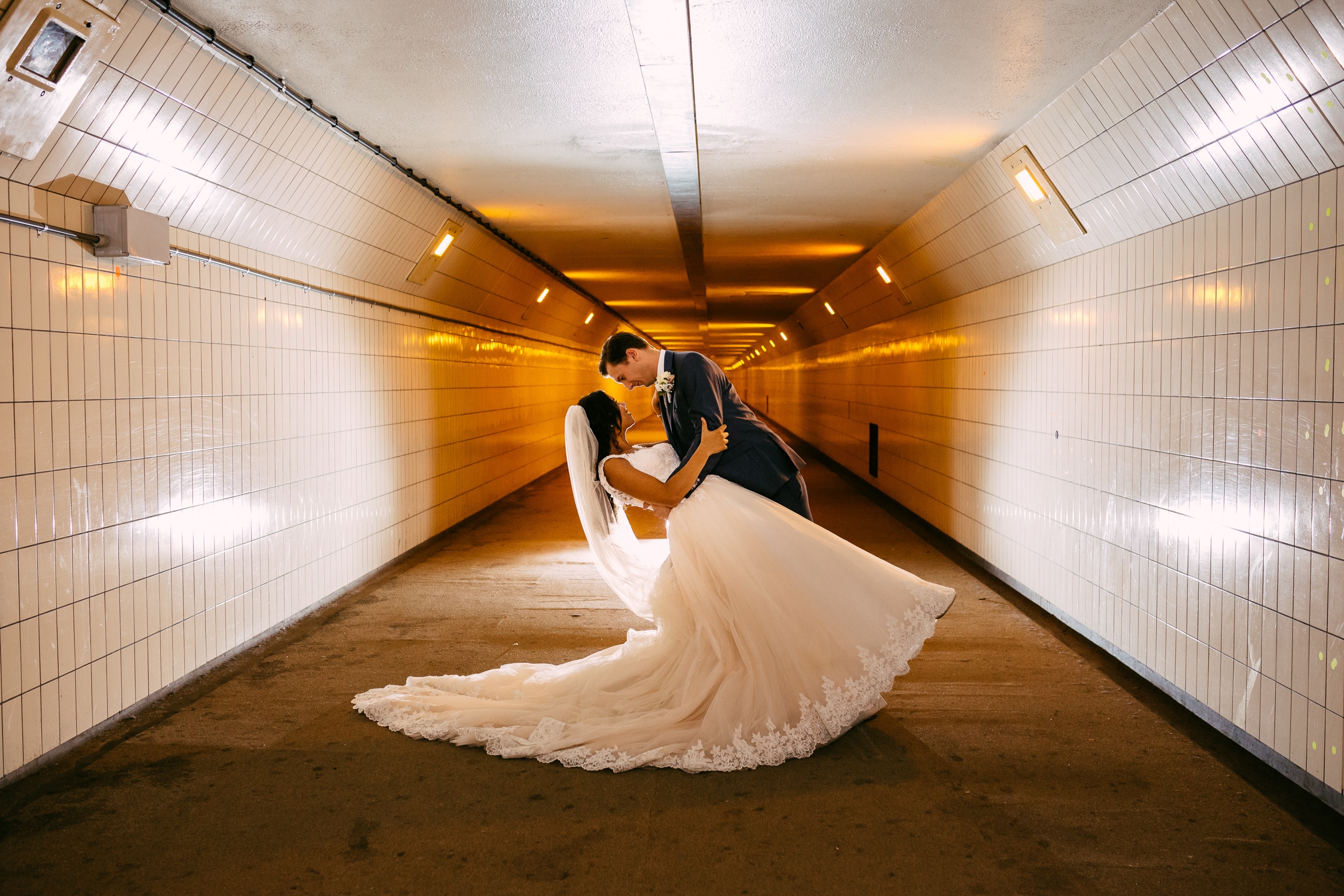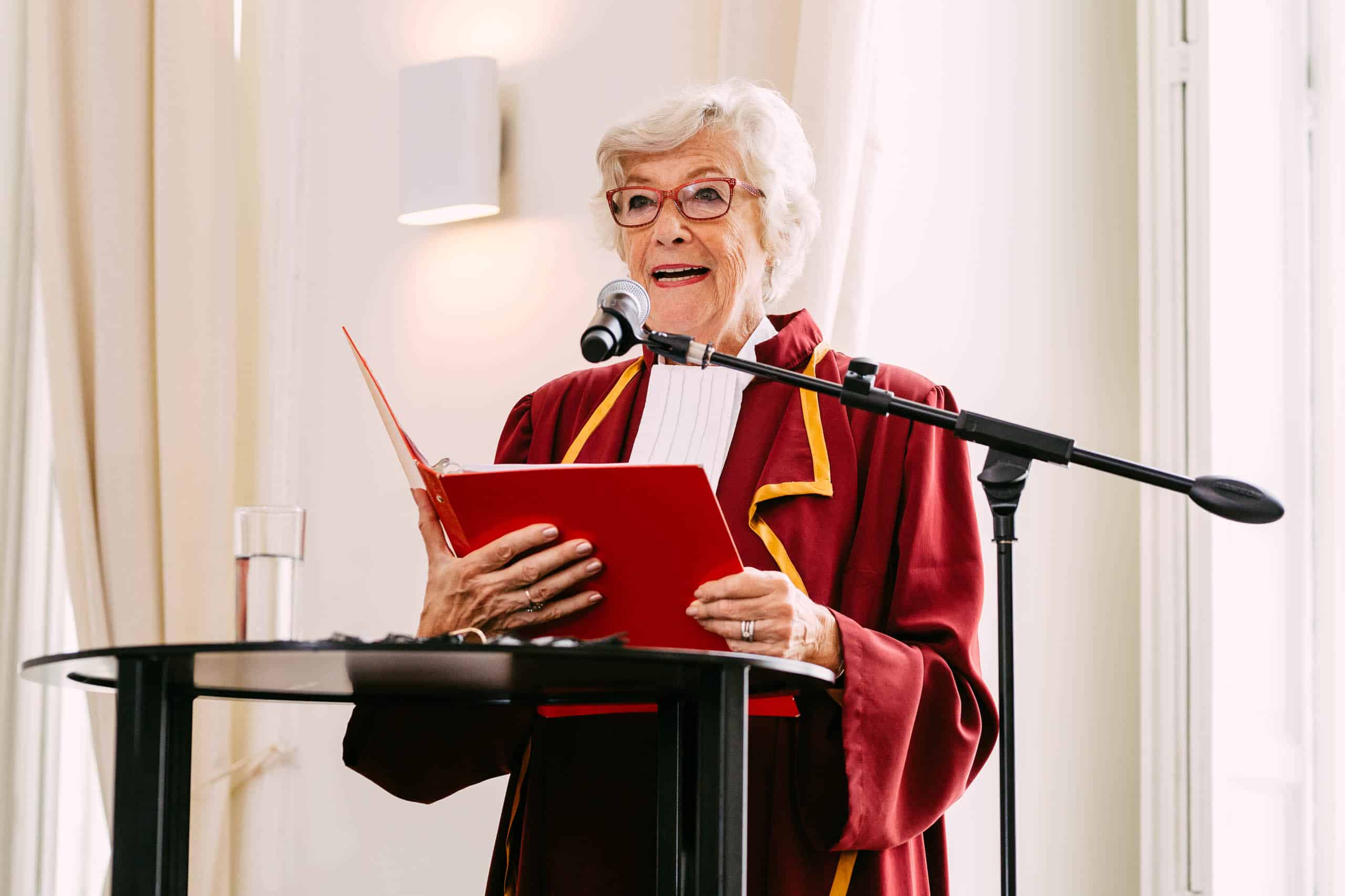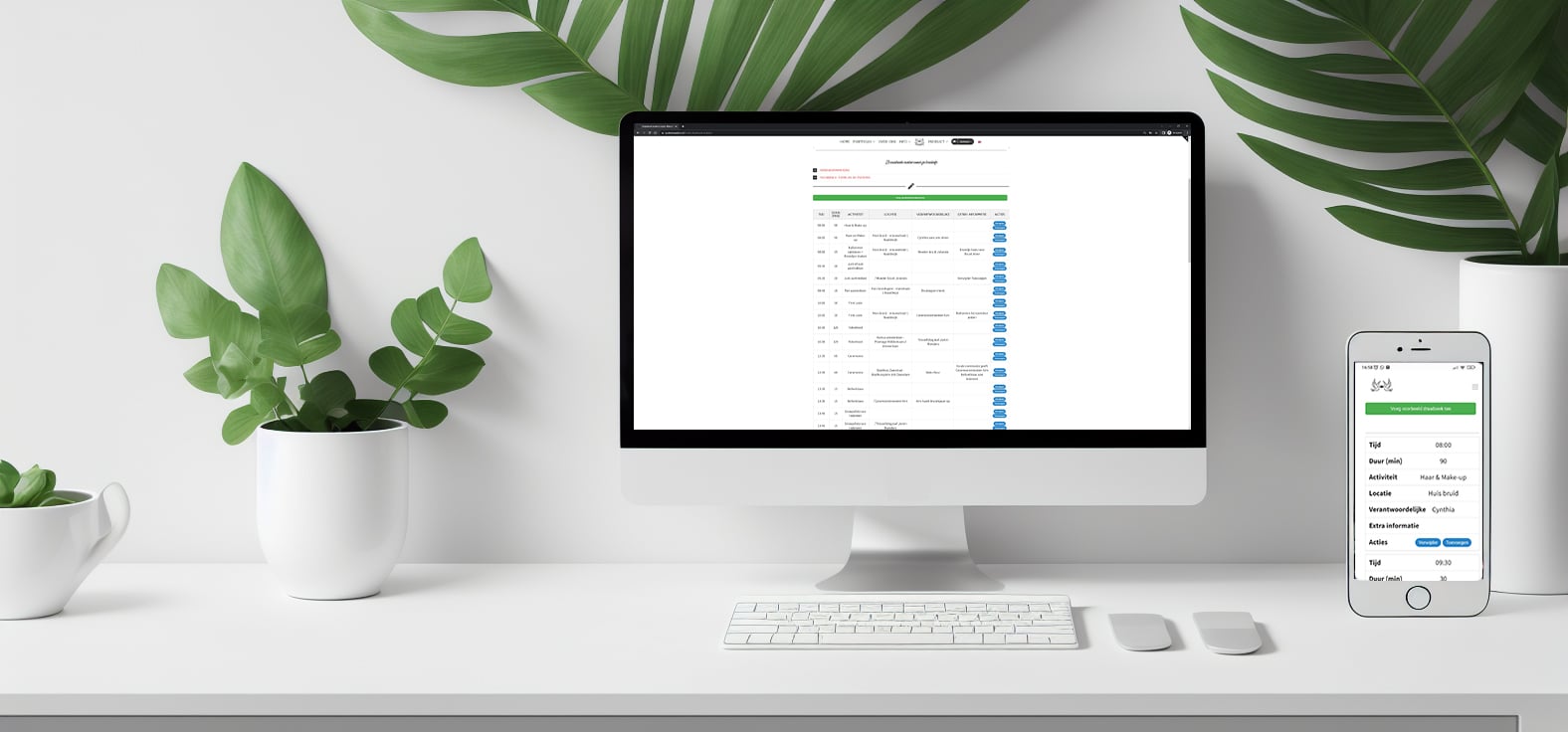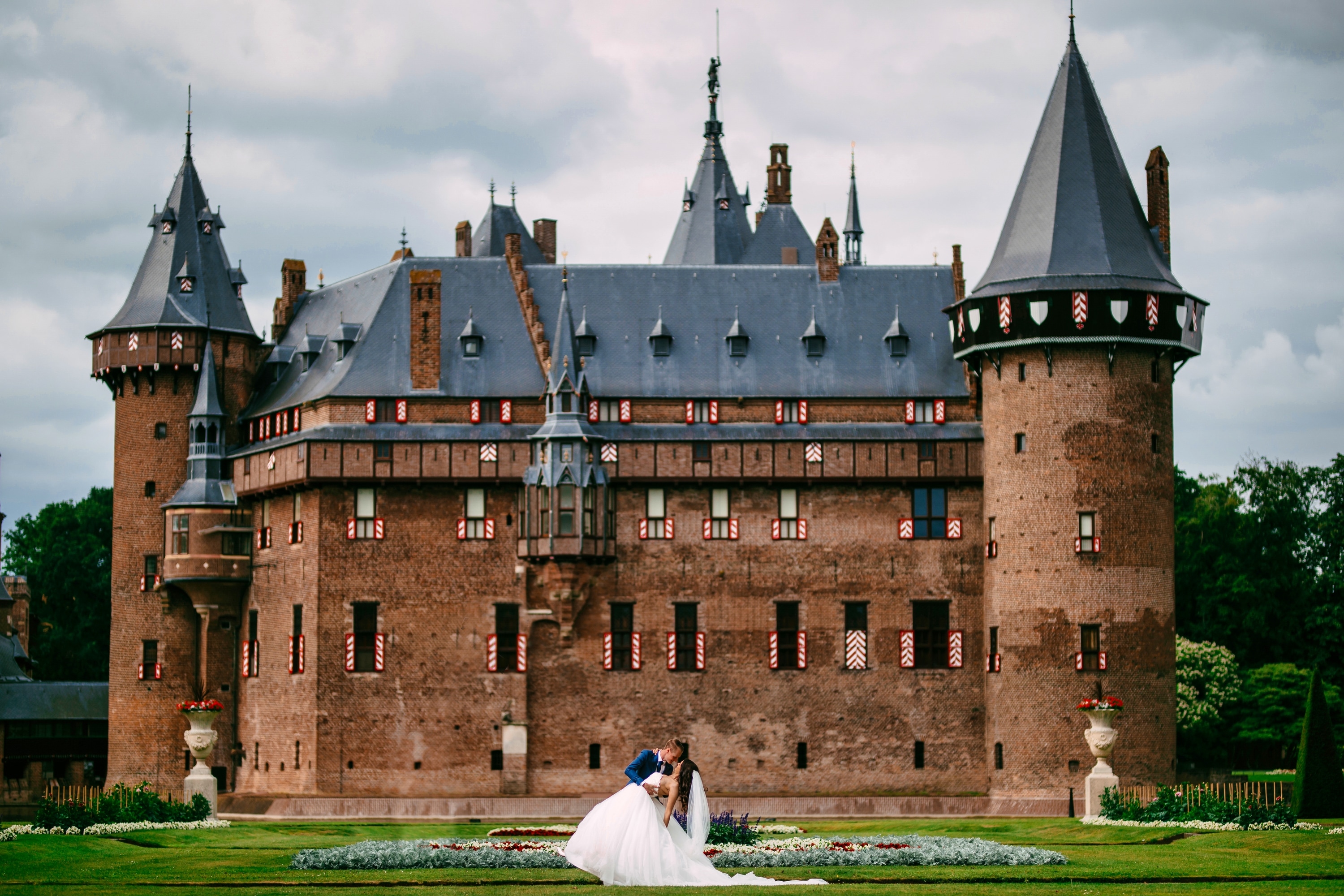What is the registered partnership?
Registered partnership is a legally registered form of cohabitation. You agree to have certain rights and duties towards each other: you can use the other's surname and you are each other's legal heirs. As with marriage, with a registered partnership your relationship is formally recognised by the state.
The form of cohabitation arose at a time when same-sex marriages were not yet allowed. As an alternative, countries introduced registered partnership. Today, registered partnership is a popular choice for all Dutch couples. More and more couples are choosing registered partnership over marriage. In 2021, 26.1 thousand couples entered into a registered partnership.
How does registered partnership work?
As with marriage, there are several formalities involved in entering into a registered partnership. We briefly list the steps you need to take.
Report to municipality
As with a marriage, for the registered partnership, you make a notification of your intention. At (almost) all municipalities, this is easy to do online. You do this at least 14 days before the planned date of registering the partnership.
Reporting witnesses
Registration of a registered partnership is also witnesses required by law. This concerns a minimum of 2 and a maximum of 4 adult witnesses.
Sign partner deed
In the presence of a official you will make a declaration. You can think of this as a small ceremony. This often takes place at the town hall, but there are also options for a ceremony at another location. After this, you, the witnesses and the official the partnership deed.
Community of property or partnership conditions
Like a marriage, you enter into a registered partnership in community of property, or under partnership conditions. If you do not arrange anything, you automatically enter into a partnership in community of property. The possessions, debts and inheritances that belonged to you or your partner before the registered partnership fall outside the community of property.
The differences between marriage and a registered partnership
A registered partnership and a marriage have many similarities. This is why the two forms of cohabitation are often confused with each other. There are some minor differences between a marriage and registered partnership:
- A marriage is terminated by the court at all times. A registered partnership can be terminated outside of court. A condition for this is that you do not have minor children and you both agree to break the contract. In these cases, a judge is needed to break up a registered partnership.
- In a marriage, it is a legal requirement that you say 'yes' to each other. In a registered partnership, signing the partnership deed is sufficient;
- A marriage is recognised all over the world. A registered partnership is not;
- A legal separation is not possible in a registered partnership;
Cohabitation contract or registered partnership?
A cohabitation contract is an agreement in which arrangements can be made when a couple starts living together. In it, you make arrangements about finances, possessions and your pension. This contract is often confused with a registered partnership, despite its major differences. With a registered partnership, for instance, you automatically have rights and obligations towards each other. Think of maintenance obligations and inheritance rights. In a cohabitation contract, this is only true if it is included in the contract. There is also no community of property in a cohabitation contract, unless this is included in the contract.
Finally, the father of a child with a cohabitation contract does not have parental authority over his child. With a registered partnership, this is the case. Under a cohabitation contract, the father must first acknowledge the child and register his custody.
Conditions of registered partnership
As with marriage, you may not enter into a registered partnership with everyone. To apply, you will meet the following conditions:
- Both of you are at least 18 years old;
- during a registered partnership or marriage with another person, you cannot enter into a new registered partnership;
- it is not permitted to marry immediate family members. On the other hand, it is permitted to marry a cousin;
- if you are under guardianship, you can only enter into a registered partnership with the permission of the guardian;
- your mental state is good enough to make your own, voluntary choice.
In exceptional cases, the minister of justice and security may still give permission for the establishment of a registered partnership. These cases often involve marriages between an adoptive brother and sister.
Celebrating registered partnership
Your 'partnership day' is also a good reason for a celebration! Think of it as a beautiful day to reflect on your love. Do this in a way that suits you. Need inspiration? Below, we discuss 5 fun ways to celebrate your registered partnership.
Classic 'wedding day'
Celebrate your partnership the classic way, with a ceremony, reception and party! Make your wedding day as small or large as you like. Of course, you can also skip the ceremony and immediately put on your party outfit. It's your day and it has no rules!
Eating out
Always wanted to dine in a special (star) restaurant? Grab your chance. This is the perfect opportunity for the two of you to dine out and enjoy a sumptuous dinner. Enjoy your meal!
Holidays
No need for a celebration? Nothing is more romantic than a fun trip to usher in your partnership! Set off to the southern hemisphere together, go culture-hopping, hike along the coast, or travel around European nature. It's entirely up to you.
Photo shoot
Nothing more fun than celebrating your registered partnership with a beautiful couple photo shoot. It may sound exciting, but a professional photographer will ensure that you quickly feel comfortable in front of the camera. The photographer delivers a sweet, cool or romantic photo series that suits your style.
Day trip
No time or money for a long holiday? A day out is a fun way to celebrate your registered partnership. Take a day trip to the beach, visit your favourite museum or take a short city trip.









